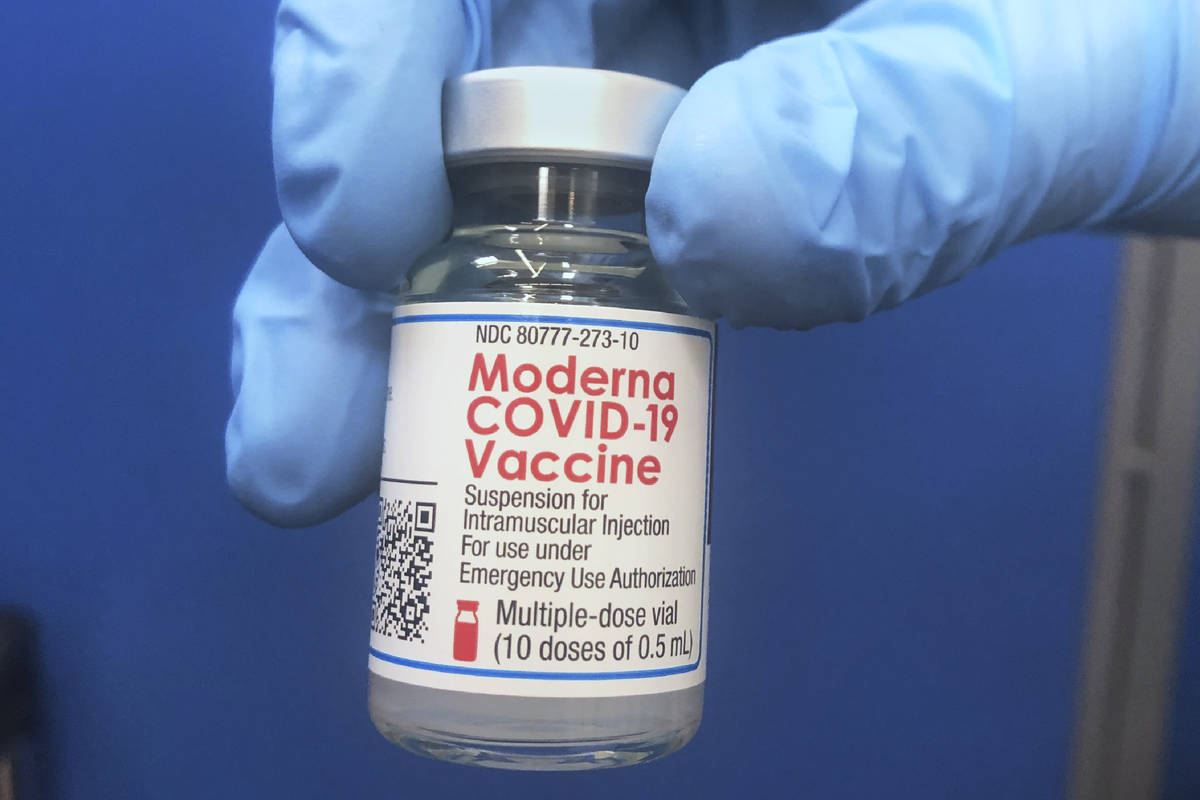US coronavirus death toll nearing 500K
The U.S. stood Sunday at the brink of a once-unthinkable tally: 500,000 people lost to the coronavirus.
A year into the pandemic, the running total of lives lost was about 498,000 — roughly the population of Kansas City, Missouri, and just shy of the size of Atlanta. The figure compiled by Johns Hopkins University surpasses the number of people who died in 2019 of chronic lower respiratory diseases, stroke, Alzheimer’s, flu and pneumonia combined.
“It’s nothing like we have ever been through in the last 102 years, since the 1918 influenza pandemic,” the nation’s top infectious disease expert, Dr. Anthony Fauci, said on CNN’s “State of the Union.”
The U.S. virus death toll reached 400,000 on Jan. 19 in the waning hours in office for President Donald Trump, whose handling of the crisis was judged by public health experts to be a singular failure.
The first known deaths from the virus in the U.S. happened in early February 2020, both of them in Santa Clara County, California. It took four months to reach the first 100,000 dead. The toll hit 200,000 deaths in September and 300,000 in December. Then it took just over a month to go from 300,000 to 400,000 and about two months to climb from 400,000 to the brink of 500,000.
The global death toll was approaching 2.5 million, according to Johns Hopkins.
While the count is based on figures supplied by government agencies around the world, the real death toll is believed to be significantly higher, in part because of inadequate testing and cases inaccurately attributed to other causes early on.
Despite efforts to administer coronavirus vaccines, a widely cited model by the University of Washington projects the U.S. death toll will surpass 589,000 by June 1.
“People will be talking about this decades and decades and decades from now,” Fauci said on NBC’s “Meet The Press.”
Associated Press Writer Heather Hollingsworth in Kansas City, Missouri, contributed to this report.






































